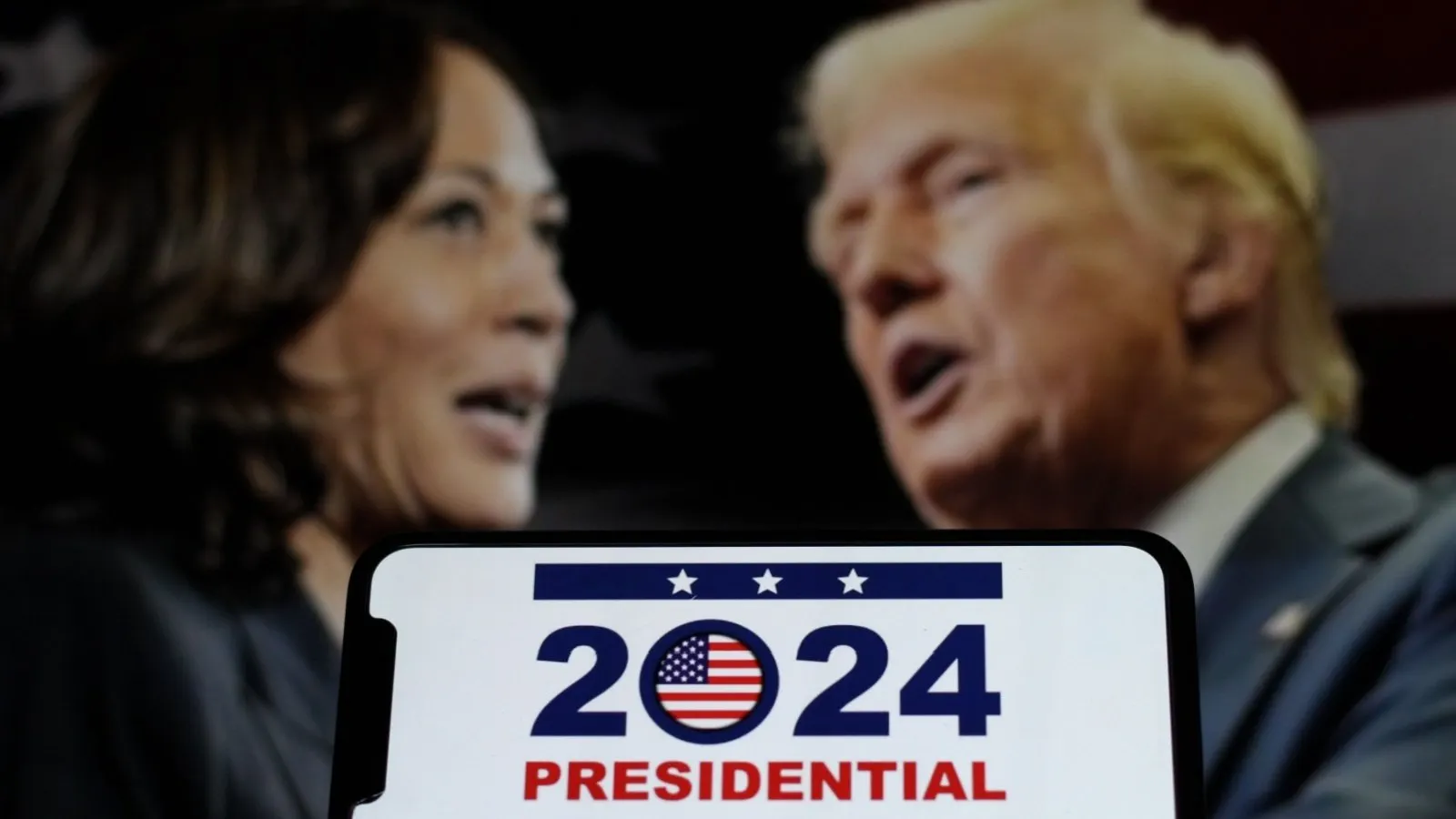Crypto prediction market Polymarket has had quite the summer, raking in hundreds of millions of dollars worth of bets on questions related to the 2024 U.S. presidential election. Recent developments appear to test Polymarket’s accuracy compared to public opinion polls.
In the last few days on the site, former president Donald Trump has retaken top odds to win the White House in November, for the first time since shortly after Vice President Kamala Harris entered the race. He is currently favored at 53% compared to Harris’ 47%.
Trump overtook Harris on the site earlier this week, and the gap has gradually widened.
Traditional polling, however, maintains that Harris remains the healthy favorite in the race by an ever larger margin. The prominent pollster Nate Silver, for example—who joined Polymarket as an advisor last month—gave Harris a 53 percent chance of winning yesterday. Based on his in-depth analysis of available poll data, he said the VP retains the lead she's held since the beginning of the month.
Advocates of prediction markets have argued that sites like Polymarket, which involve staking funds, may now offer better insights into key questions—like who is more likely to become America’s next president—than traditional methods like polling.
Few headlines appeared to shake up the presidential election this week in a way that could negatively impact Harris, however. In fact, the Democratic National Convention, currently underway in Chicago, has given her an additional infusion of positive media coverage.
So what could account for the gap between Polymarket’s current insights on the presidential election and Silver’s?
One potential explanation could be that Polymarket—which runs on blockchain—skews toward crypto users more than the general public. The intersection of crypto and politics, then, is more likely to move the needle.
While many in the industry appeared initially enthusiastic that Harris might offer a significant departure from President Joe Biden on crypto policy, sentiment shifted somewhat at the beginning of the week when the Democrats released a party platform that failed to mention crypto. Republicans had embraced crypto in their own platform earlier this summer, and some Democrats were hopeful their party would follow suit.
On Monday, frustration within the crypto industry at Harris was exemplified by the rapid spreading of a rumor that the Democratic nominee was actively considering nominating crypto villain and current U.S. Securities and Exchange Commission Gary Gensler to be her Secretary of the Treasury, should she become president.
Although the report was widely discredited, it was within hours of this anti-Harris sentiment erupting on Crypto Twitter that Trump began his six-point surge on Polymarket—one that pushed him back to majority odds for the first time in weeks.
Of course, prediction market odds, just like polling data, are by no means definitive, and Harris and Trump may well switch off leading the race multiple times before November 5. However, as data on sites like Polymarket begins to diverge from those sourced from traditional prediction methods, the presidential election may become not just a political referendum but one on the superior method of predicting the future.

